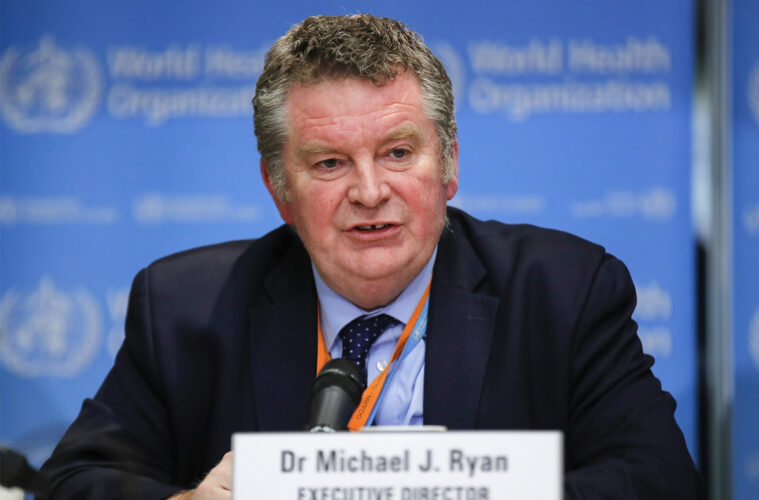The World Health Organization (WHO) has updated its list of medication that should be stockpiled for radiological and nuclear emergencies. The stockpiles include medicines that either prevent or reduce exposure to radiation, or treat injuries once exposure has occurred.
“In radiation emergencies, people may be exposed to radiation at doses ranging from negligible to life-threatening. Governments need to make treatments available for those in need – fast,” said Dr Maria Neira, WHO Assistant Director-General a.i, Healthier Populations Division. “It is essential that governments are prepared to protect the health of populations and respond immediately to emergencies. This includes having ready supplies of lifesaving medicines that will reduce risks and treat injuries from radiation.”
Potential scenarios considered in the publication include radiological or nuclear emergencies at nuclear power plants, medical or research facilities, or accidents during transport of radioactive materials, as well as intentional uses of radioactive materials with malicious intent.
The World Health Organisation report has identified medication for treating radiation exposure and addresses the governance and management of such a stockpile. A typical radiation emergency stockpile will include the following medication:
- Stable iodine, administered to prevent or reduce the exposure of the thyroid to radioactive iodine;
- Chelating sand decorporating agents (Prussian blue, applied to remove radioactive caesium from the body and calcium- / zinc-DTPA used to treat internal contamination with transuranium radionuclides);
- Cytokines used for mitigation of damage to the bone marrow, in case of acute radiation syndrome (ARS);
- Other medicines used to treat vomiting, diarrhoea and infections.


